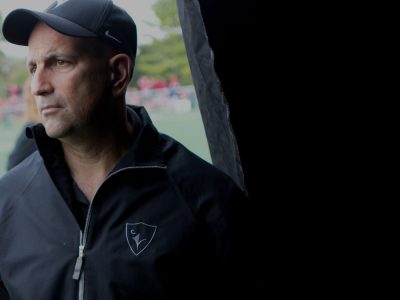By Dan Rubinstein
Nana aba Duncan has a lot on the go.
The award-winning journalist, on leave from hosting CBC Radio’s Ontario weekend morning show Fresh Air, is a William Southam Journalism Fellow at Toronto’s Massey College, researching the experience of racialized leaders in newsrooms across the country.
She also runs Media Girlfriends, a podcast and scholarship network that amplifies the voices of people from under-represented communities in Canadian media.
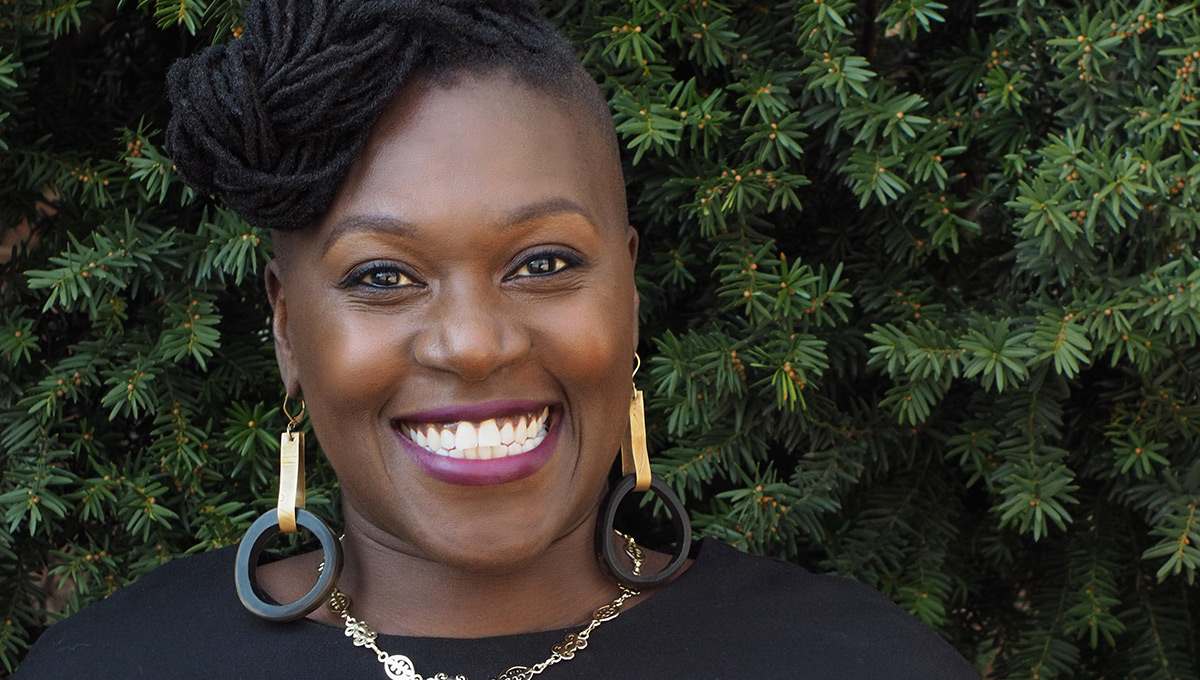
Nana aba Duncan
But when Duncan saw the posting for the new Carty Chair in Journalism, Diversity and Inclusion Studies at Carleton University’s School of Journalism and Communication, she had to apply.
“It aligns with my personal mission — to foster an environment in Canadian media in which racialized journalists feel psychologically safe, where their perspectives and communities are just as worthy of coverage as those of white people,” says Duncan, who will begin her position on July 1.
“I’ve been living this mission for about 10 years, but it makes a difference when your major concern is not just part of your job but the main reason for your job.
“I need to do this. I don’t want anybody to have a shred of the feeling I’ve experienced over the years. I don’t want any journalism student to feel small in any way. I want them to swing for the fences with their ideas and creativity.
“I don’t want them to worry about being called an activist when they pitch stories from their community because they don’t see many stories from their community. I want all journalists to be valued equally. I want them to know they belong.”
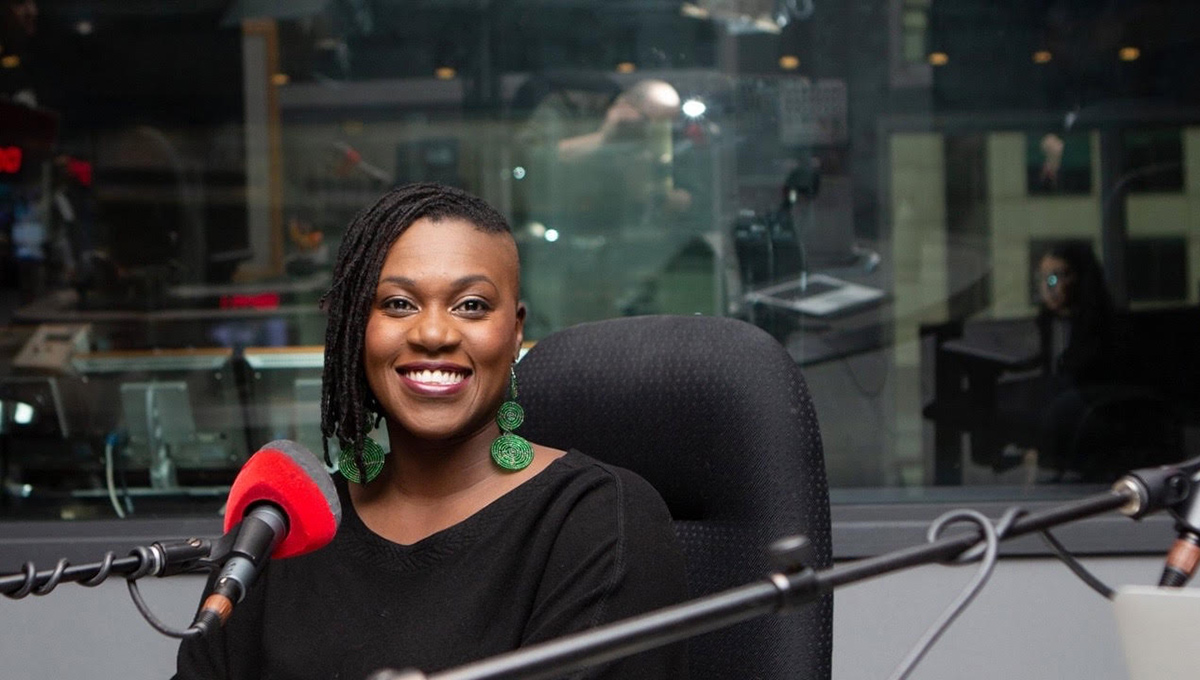
First Role of its Kind in Journalism
Duncan’s teaching and research role — the first of its kind at any Canadian journalism school— is part of a constellation of efforts to enhance equity, diversity and inclusion (EDI) at Carleton, including the launch of an overarching EDI Action Plan.
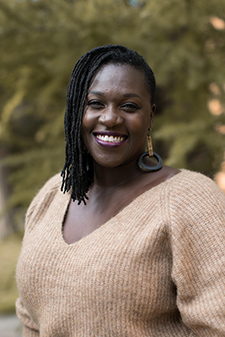 It’s also central to the transformation underway at the country’s oldest journalism school: to reverse decades of systemic racism in the media industry and take concrete steps to change it, echoing points made by journalism students and recent graduates in a call to action published last June.
It’s also central to the transformation underway at the country’s oldest journalism school: to reverse decades of systemic racism in the media industry and take concrete steps to change it, echoing points made by journalism students and recent graduates in a call to action published last June.
In addition to teaching and creating a new course for third-year students on decolonizing Canadian journalism, Duncan will conduct research, continuing the work she started last fall as a Southam Fellow.
She has been interviewing racialized leaders with editorial decision-making and hiring power, learning about the challenges they face, the responsibilities they feel, and what needs to change to ensure that stories being told reflect the experiences of diverse communities.
“The conversation about inclusivity and belonging in journalism is important, and I’m talking to people we don’t hear from enough,” says Duncan, who plans to make a six-episode series of Media Girlfriends podcasts rooted in these ideas.
“I couldn’t see this research ending. It needs to live somewhere.”

Pivot from Psychology to Radio
Duncan, who was born in Ghana, moved to Canada with her family when she was two and grew up in the Greater Toronto Area and Edmonton.
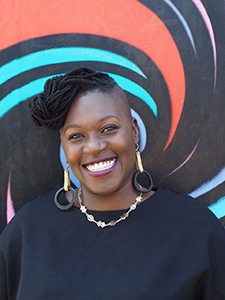 She studied psychology at the University of Toronto and was considering a career in that field. But because she always enjoyed performing, everything from spoken word to dance, and she had developed a taste for radio at university and wanted to keep on learning, grad school in journalism at Western was her next step.
She studied psychology at the University of Toronto and was considering a career in that field. But because she always enjoyed performing, everything from spoken word to dance, and she had developed a taste for radio at university and wanted to keep on learning, grad school in journalism at Western was her next step.
Duncan’s first name — pronounced “Nuh-NAA-buh” — packs a lot of meaning. “Nana” is the name given to a first-born child in Ghana, the chief of a village and is her father’s mother’s name; “aba” is the name given to a girl born on a Thursday in her father’s Fante tribe.
Her first national radio gig, on the CBC show Go!, was as “Contest Nana” for a segment in which listeners identified audio clips. But when she began reporting more serious stories, she started using her full name.
“It took a while for people to get it, but it felt good,” says Duncan.
“It honours being a Ghanaian woman. It’s a reclamation of one’s self.”

Sweeping Mandate for Chair
Although Duncan doesn’t rule out guest hosting CBC shows down the road, she’ll be focused on her students, and joining a growing group of changemakers within the journalism program.
“I love hosting, but it has its limits,” she says.
“You’re not the person making the decisions. My position at Carleton offers more latitude. I’m excited about becoming part of a new team and about what we can do together.”

Journalism Program Head Allan Thompson
The Carty Chair is named for E. Bower Carty, a career public servant who rounded out a lifetime of generosity by donating his estate, valued at more than $6 million, to Carleton.
“I can think of no better person for this chair than Nana aba, who joins us at a critical time,” says journalism program head Allan Thompson.
“This is a new role and she will have a sweeping mandate, but I also agree fully with her when she says that one person alone cannot bring about the kind of change that we are looking for. This will take a continued effort of the entire team.”
Thursday, March 25, 2021 in Journalism and Communication
Share: Twitter, Facebook



